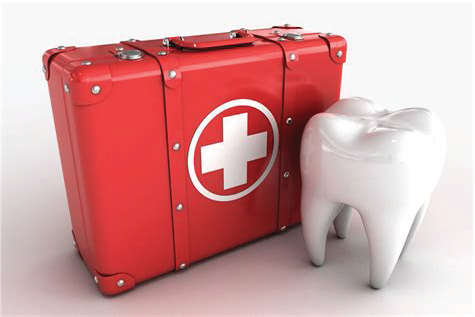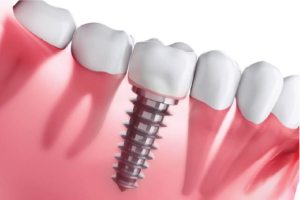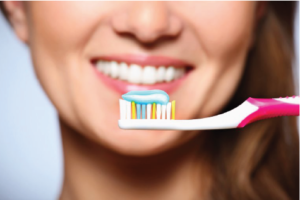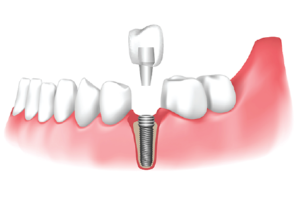WHAT TO DO IN A DENTAL EMERGENCY?

Emergencies concerning the mouth or teeth, as in other health emergencies, typically arise without warning. Understanding how to respond in a dental emergency will help you use every minute to reduce the severity of the problem. Some circumstances that may occur would certainly require a swift action to overcome them. These are few emergency tips that can help you navigate some dental problems before you visit the dentist.
Severe Toothache:
An intense toothache can suggest an abscess or other mouth infection. Rinse the mouth thoroughly with warm salt water to cleanse it. Use dental floss to clear whatever food that has been lodged. If swelling is present, apply a cold compress on the outside of the mouth or cheek. A painkiller may be taken after consultation with the dentist. Do not place aspirin or some other painkiller near the aching tooth as it may damage the gum tissue. Contact your dentist promptly.
Knocked-out tooth:
Milk teeth: A milk tooth is usually not replanted due to the risk of damage to the permanent tooth bud.
Adult teeth: Retrieve the tooth straight away; do not leave it at the accident site. Handle the tooth gently, hold it by the crown. Don’t touch the roots of the tooth. Rinse the tooth very gently with water only, to make sure it is clean. Do not scrub or scrape any attached tissue fibers. Place the tooth back softly in the socket if possible. The tooth should stay moist at all times. If it cannot be replaced in a socket, place it in a small container of milk, or an emergency tooth preservation solution if available. The tooth may also be kept in the mouth, holding it between the molars and the inside of the cheek (avoid this in small children or unconscious patients where there are chances of swallowing). Avoid storage in water. Visit your dentist immediately.
Chipped or broken teeth:
Sometimes trauma to the mouth can lead to a broken tooth. Pick any pieces you may find so that you can take them to the dentist. Immediately rinse your mouth with warm water to clean the site. If bleeding happens, place a piece of gauze to the site till the bleeding stops. Apply a cold compress to the area of the face around the broken/chipped tooth to prevent swelling and alleviate pain. Contact the dentist urgently to know the next course of action.
Soft tissue injuries:
Bleeding may occur from soft tissue injuries, which involve the tongue, cheeks, gums, and lips. Gently clean the area with water. Use a moist strip of gauze or tea bag to apply pressure on the bleeding area for 15 to 20 minutes. Where swelling/bruising is present, apply a cold compress to the affected area of the face. Visit the dentist or head to an emergency department if the bleeding is severe.
Broken orthodontic braces or protruding wires:
If a wire breaks or slips out of a bracket or band and pokes your cheek, lip, or gum, try moving the wire into a more convenient position with the eraser end of a pencil. When it is not possible to reposition the wire, cover the end with orthodontic wax, a small cotton ball or a piece of gauze. Talk to your orthodontist at the earliest.
You can easily prevent many dental emergencies by doing regular check-ups with your dentist. Wearing a mouth guard during sporting activities can help protect the teeth from getting chipped or damaged. Having a check-up with your dentist before you travel will also help in avoiding dental emergencies when you’re out of town. A dental emergency might occur at any time. Rather than panicking, your dentist should be contacted as soon as possible.
How to take care of your dental implants
How to take care of your dental implants? Dental implants...
Read MoreHow to take care of your removable dentures
How to take care of your removable dentures? A lot...
Read MoreSimple brushing mistakes to avoid
SIMPLE TOOTH BRUSHING MISTAKES TO AVOID Maintaining good oral health...
Read MoreShould you replace missing teeth
Should you replace missing teeth? You might think that you...
Read MoreWHAT TO DO AFTER A TOOTH EXTRACTION?
WHAT TO DO AFTER A TOOTH EXTRACTION? There are several...
Read More
Dr. Paresh Lotlekar is a leading dental practitioner specialising in Periodontology & Oral implantology and the founder of STUDIO32 (studio32india.com), a chain of super speciality dental clinics in Goa.





